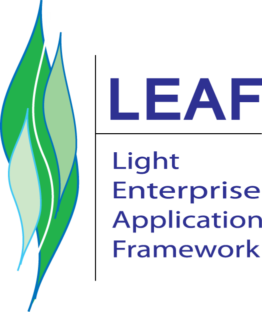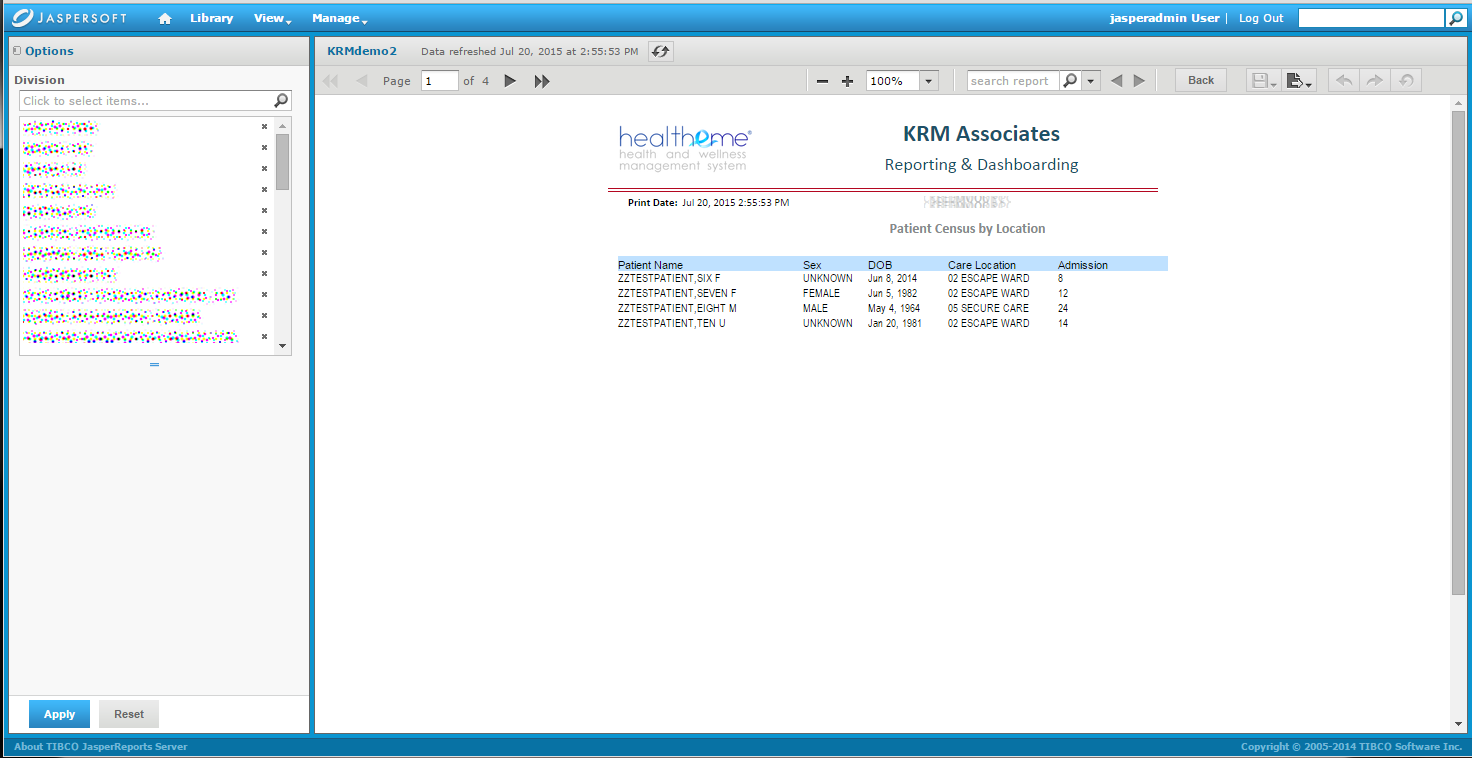Project Description
One of the primary goals of establishing OSEHRA was to inject rapid innovation into the Veteran Health Information System and Technology Architecture (VistA), VA’s Electronic Health Record (EHR) code base, and its associated processes. The Department of Veterans Affairs (VA) Office of Information and Technology (OIT) is responsible for the development and maintenance of the VistA. VistA is built from more than 100 discrete applications that together comprise VA’s highly integrated and fully-automated health information system. VistA is the electronic information service that enables clinical care delivery at 152 VA healthcare facilities and 928 ambulatory care and community-based outpatient clinics worldwide. VistA is central to the quality of care that VA delivers to Veterans.
Despite its many admirable qualities, the enterprise version of VistA is a tightly integrated production code that limits VA’s ability to fix errors, scale usage, improve performance and extend capabilities. VA believes that the best way to place VistA on a sustainable modernization roadmap – and to support the efforts of the Interagency Program Office (IPO) in their efforts to create an integrated Electronic Health Record (iEHR) with the Department of Defense – is to rely on an open source custodian whose purpose is to accept software contributions, serve as an electronic code repository, provide arms-length certification services, and build and maintain a vibrant stakeholder community. The Open Source Electronic Health Record Agent (OSEHRA) was designed to perform exactly these functions.
To achieve a broader array of interoperable VistA products, VA intends to standardize VistA in a way that encourages internal innovation and provides more efficient deployment and support. This includes standardizing the 133 discrete VistA instances (site standardization) as well as standardizing the architecture of the discrete applications, including an express focus on interoperability. OSEHRA is designed to catalyze and curate enterprise standardization to a common architecture with open application programming interfaces (APIs).





